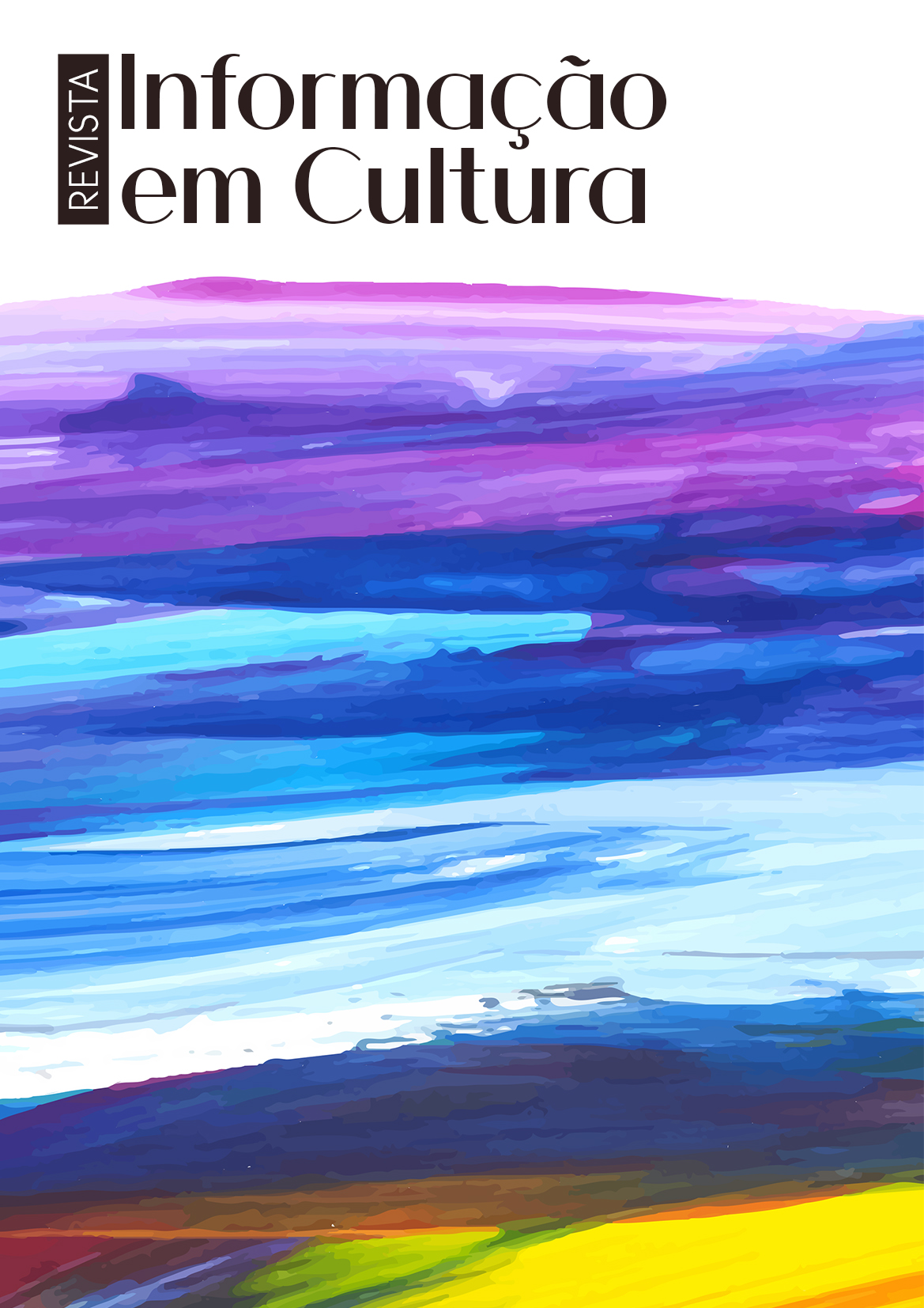Por uma Epistemologia LGBTQIAP+
DOI:
https://doi.org/10.21708/issn2674-6549.v5i2a12294.2023Abstract
This text aims to present a look at the historical knowledge that has been dedicated to building what we call LGBTQIAP+ epistemology, in an attempt to bring to the debate some challenges and possibilities of historical knowledge beyond the demarcation of essentialism and constructionism . Methodologically, we carried out theoretical, bibliographical and exploratory research, from a qualitative perspective. As an initial result, we can highlight localized knowledge and coloniality in Brazilian historiography. This does not imply the impossibility of producing an LGBTQIAP+ epistemology. The justifications for the supposed absence of sources, nor the repudiation of the theme or the accusation that this would be a militant story, little or not scientific at all, cannot be sustained. The difficulties in accessing documentation, the weaknesses of contemporary sexual categories, the obstacles to defining a specifically LGBTQIA+ chronology, the challenge of establishing which events are significant, the multiplicity of historical sections, have not prevented it from becoming increasingly stronger. the historic LGBTQIAP+ production. Thus, as a preliminary conclusion, it is clear that the pillars that support cis-heteronormativity are still firmly rooted in traditionalist historiography when it comes to gender identities and dissident sexualities. To break them, it is not enough to make history superficially plural. It is also necessary to implode the localized and colonizing foundations that establish the “same” cis-heterosexual as a universal position and, therefore, a compass to normalize/discipline all other experiences and also possibilities for writing history.
Downloads
Additional Files
Published
How to Cite
Issue
Section
License
Copyright (c) 2023 Licenças Creative Commons

This work is licensed under a Creative Commons Attribution-ShareAlike 4.0 International License.




